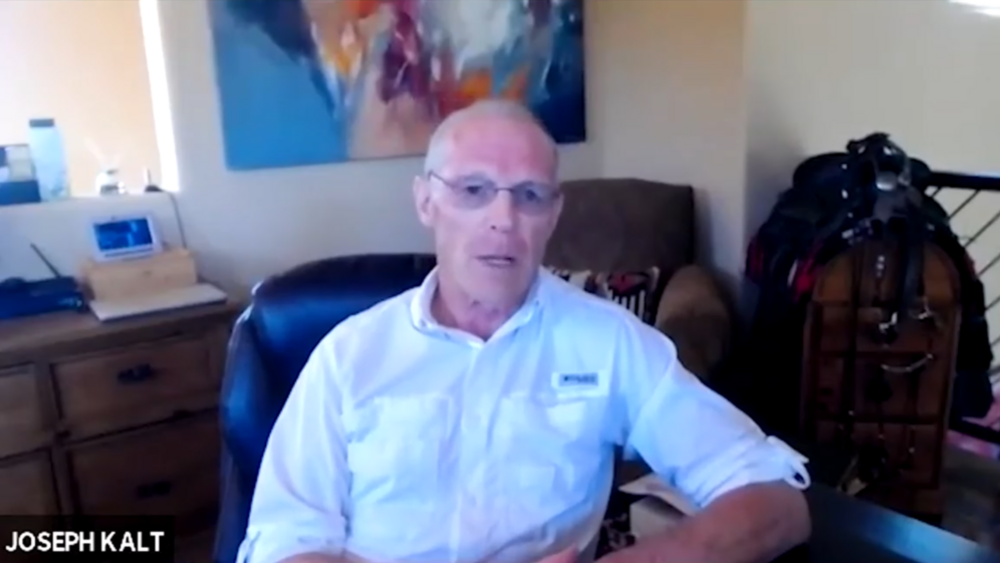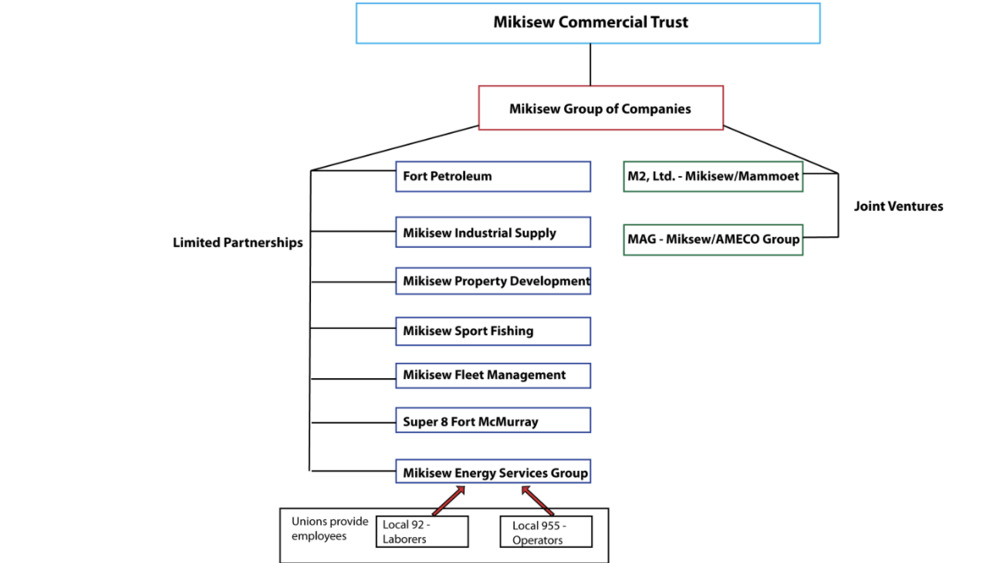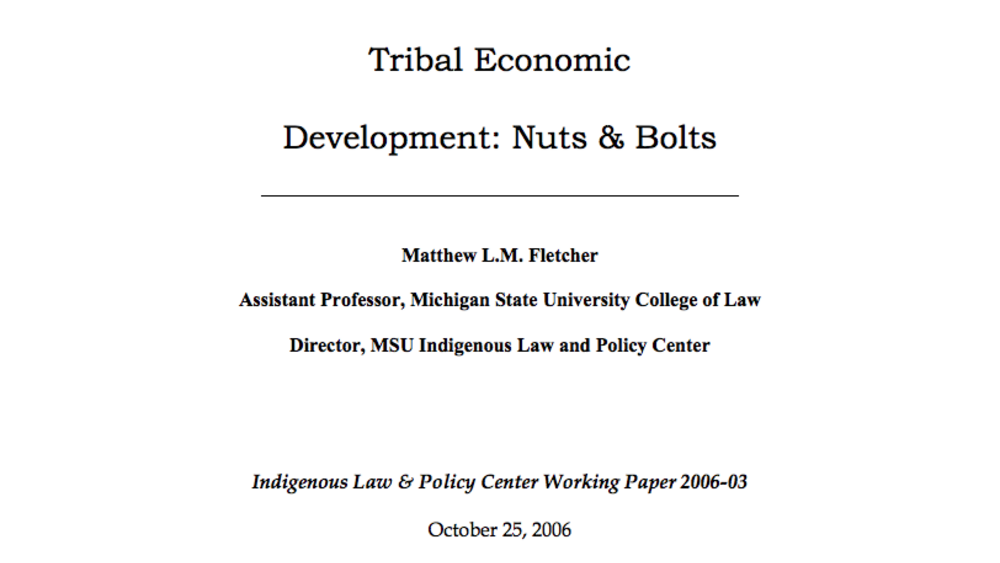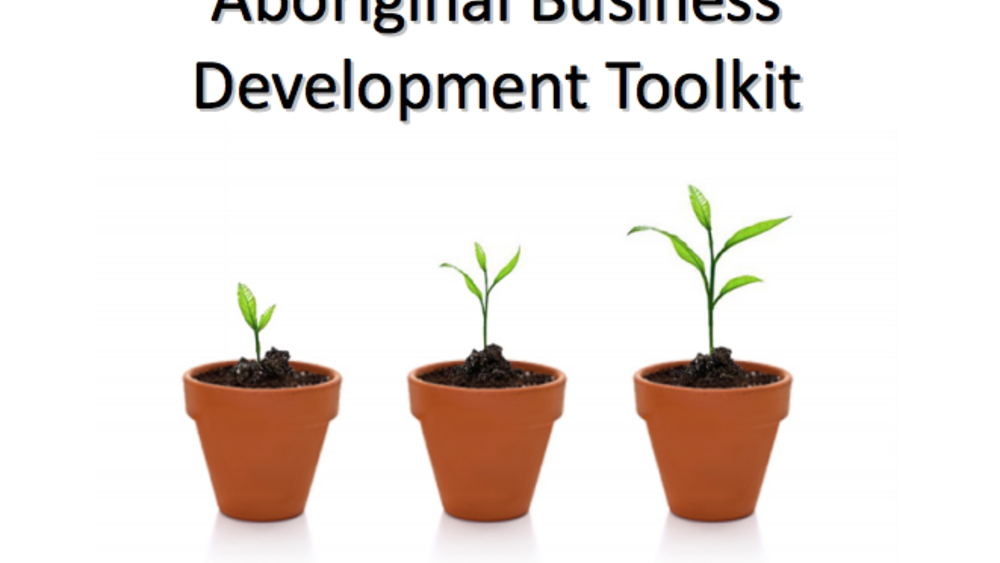Indigenous Governance Database
revenue generation

The Impact of the Pandemic on Native American Communities: Interview with Joseph Kalt
As COVID-19 tears across Indian Country, tribal governments are racing to meet not only the public health challenges caused by the pandemic, but are also grappling with the economic devastation left in its wake. To learn more about the economic crisis unfolding across Indian Country, the Ash…

Sharing the Wealth
In recent years, there has been increased discussion of Universal Basic Income (UBI) programs for the US. In fact, one of the Democratic candidates for president has championed the UBI program as an important component of his platform. UBI in its simplest form is a cash-transfer program that…

Forwarding First Nation Goals Through Enterprise Ownership: The Mikisew Group Of Companies
The Mikisew Group of Companies (Mikisew Group) is the business arm of the Mikisew Cree First Nation (MCFN). Founded in 1991 using monies from a $26.6 million land claim settlement with the governments of Alberta and Canada, it has achieved remarkable success. This success is evident in the wide…

Tribal Economic Development: Nuts & Bolts
Tribal economic development is a product of the need for Indian tribes to generate revenue in order to pay for the provision of governmental services. Unlike the federal government or states, Indian tribes – in general – have no viable tax base from which to generate revenues sufficient to…

Aboriginal Business Development Toolkit
If you're an Aboriginal person thinking about starting or expanding a business, this toolkit has been developed with you in mind. While many helpful guides exist, this document includes considerations that may be of particular interest to you, your family and your community. Whether you live on-…
